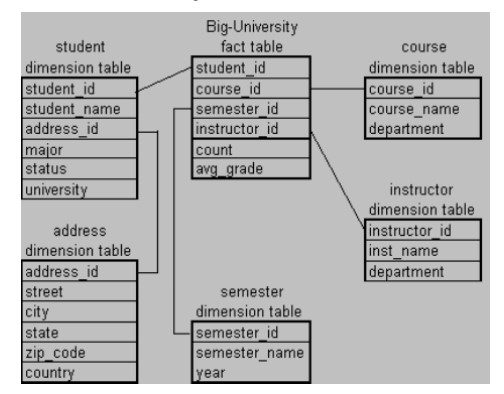Define E-commerce Framework. And examples also.
E-commerce Framework
The term e-commerce framework is related to software frameworks for e-commerce applications. They offer an environment for building e-commerce applications quickly.
E-Commerce frameworks are flexible enough to adapt to your specific requirements. As result, they are suitable for building virtually all kinds of online shops and e-commerce-related (web) applications.
- allow replacing all parts of the framework code
- forbid changes in the framework code itself
- contain bootstrap code to start the application
- be extensible by user-written code
E-Commerce frameworks should
- define the general program flow
- consist of reusable components
- be organized in functional domains
Examples of e-commerce frameworks are
- Aimeos (Laravel, Symfony, TYPO3, SlimPHP, Flow)
- Spryker (Symfony only)
- Sylius (Symfony only)
They provide an overall structure for e-commerce-related applications. Furthermore, they implement the general program flow e.g. how the checkout process works. Contrary to monolithic shop systems, existing program flow can not only be extended but completely changed according to your needs.




Comments
Post a Comment